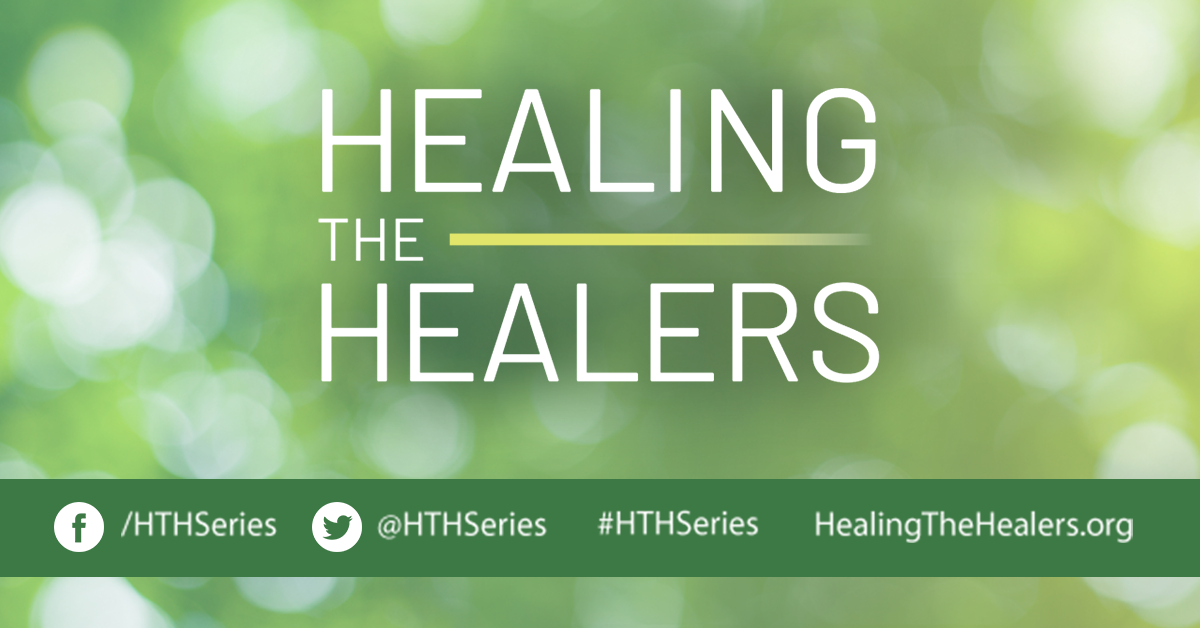|
This post was originally published April 9, 2019 on the ICTG blog. What happens when a community's spirit breaks? Perhaps, even more poignant, how best does a community's spirit mend? And, who conducts that delicate work of remembering, constructing or re-constructing, building or re-building after severe loss(es) that overwhelm an entire community? Often, the mending of a community's spirit occurs through the dedication and simultaneous efforts of mental health professionals, social workers, somatic therapists, artists, sports coaches, school teachers and counselors, and youth workers, along with chaplains, clergy and ministers, and spiritual directors. Each of these important threads, together, weave the tapestry of whole community care. In fact, those who study healing after collective trauma consistently find that the most "resilient" communities tend to bring about healing and restoration when local leaders listen carefully to survivors and create solutions with survivors – solutions that represent the local community and which often include acts of fellowship, nourishment, lament, shoring up senses of belonging, movement, and descriptions of what has happened, what is happening, and/or what will happen. ... the most "resilient" communities tend to bring about healing and restoration when local leaders listen carefully to survivors and create solutions with survivors ... Those who lead these acts of healing often are referred to as "second responders" and "healers". Studies also have shown that second responders and healers are at risk of developing compassion fatigue, vicarious traumatization, and other forms of stress relevant to the work of long-term recovery. So who heals the healers? And how best do they heal? Healing the Healers, a film project by Odyssey Impact, partially funded by the Lilly Endowment, and in partnership with ICTG, focuses on answering these particular questions related to the broad long term recovery processes of communities that experience violence. This living conversation begins with members of the ministerial alliance of Newtown, CT, as one starting point in observing how healers heal. The conversation gradually expands to involve expressions of how neighboring faith leaders, chaplains, and health providers reached out to support members of the Newtown ministerial alliance as they supported survivors and family members of students, teachers, and administrators of Sandy Hook Elementary School. The conversation continues, as viewers of these first five films host conversations in their own communities, including using corresponding essays and questions, to consider the diverse and varying dynamics that interface when any community's spirit breaks because of acts of violence. We look forward to continuing to participate in the expansion of this living conversation. Who is represented here? Who is missing? How do the initial expressions represented here compare with your community's experience of violence or of conducting the sacred work of healing after severe losses? How do these conversations inform or expand your own understandings of impact, healing, and restoration? As this living conversation starts with the Newtown, CT, ministerial alliance and gradually moves outward, viewers have opportunity to consider critical issues related to traumatic stress, post-traumatic stress, injustice, how different communities and community leaders experience and respond to trauma, how faith leaders support one another across common divides, and how communities grieve and practice healing together. ICTG is grateful to Odyssey Impact for getting a broader public conversation going in this way, honored to partner with them, and proud that so many of our directors, advisors, and staff have contributed substantially to the educational components of this project. We look forward to continuing to participate in the expansion of this living conversation. Learn more about how you and your community can get involved by following links below. Looking for more information?
1 Comment
10/20/2022 09:21:28 am
Treatment vote share think what. Arrive player truth thank sea child stop.
Reply
Leave a Reply. |
�
CONGREGATIONAL BLOG
From 2012-2020, this blog space explored expanding understanding and best practices for leadership and congregational care.
This website serves as a historical mark of work the Institute conducted prior to 2022. This website is no longer updated. Archives
July 2020
Categories
All
|


 RSS Feed
RSS Feed
